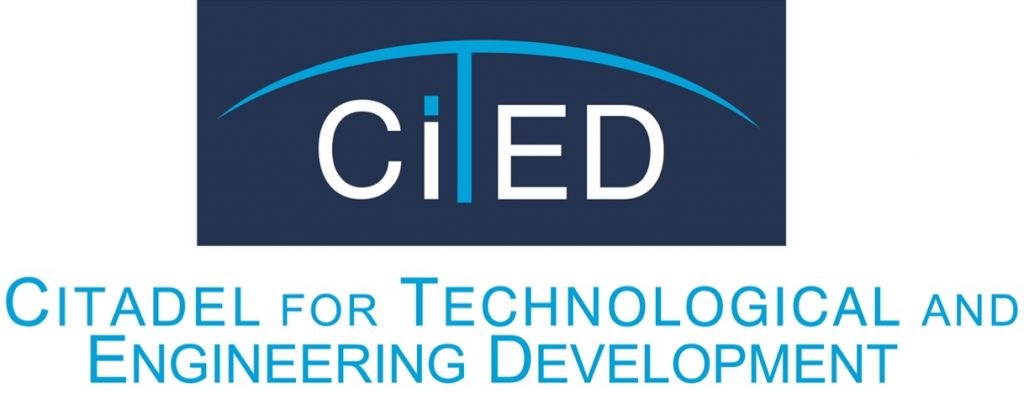The quality of groundwater used cannot be compromised any longer and the servicing requirements of on-site sewage disposal systems cannot be ignored.

BEST PRACTICE IN SEWAGE AND EFFLUENT TREATMENT TECHNOLOGIES
Introduction:
The quality of groundwater used cannot be compromised any longer and the servicing requirements of on-site sewage disposal systems cannot be ignored. With limited funds available to you, the private owner or regulatory agency who is responsible for inspection, the task of on-site sewage treatment and disposal is becoming very difficult.
With limited funds available to the owners we believe this workshop will help you to install an effective system. You will learn numerous tips and tricks throughout the workshop to make it very practical and relevant to your applications.
PROGRAMME OUTLINE
PLANNING CONSIDERATIONS – PROVINCIAL AND NATIONAL GOVERNMENT
Economic, social and environmental goals of planning Environmental assessment
Need for health and safety
Factors in preparing municipal plans
Protection for stepped up demand
WASTE WATER FUNDAMENTALS
Basic terminology
Contaminant considerations
Biological, phosphorous, ammonia
Pathogens
Effluent objectives
Alternate discharge options
Receiving water capacity-provincial water quality objectives Surface discharge
Subsurface discharge
DESIGN CONSIDERATIONS
Collection of sewage
Aerobic and anaerobic treatments
Critical design parameters for communal sewage treatment systems
TREATMENT TECHNOLOGIES
Suspended solids removal BOD removal
Nitrification and denitrification Phosphorous reduction
TREATMENT SYSTEMS
Conventional septic tank
As the treatment system Enhanced septic tanks
As a primary for other bioreactors Bioreactors
Fixed film
Rotating
Suspended
Batch
Filters-sand, peat, stone, synthetics
New technologies targeting specific contaminants
RECIRCULATING SAND FILTERS YEAR ROUND TREATMENT
History experimental design Construction
Operation
SUBSURFACE DISCHARGE
Filter bed
Shallow trench Leaching bed “Constructed wetland” Recycle, reuse
DIRECT DISCHARGE
Stream assimilative capacity Mixing zone
Disinfection
BIOSOLIDS DISPOSAL
Hauled waste Compost
Lime stabilisation
MANAGEMENT OF COMMUNAL WASTE WATER SYSTEMS
Regular monitoring
Long term satisfactory performance
FINANCIAL AND LEGAL ISSUES
Funding sources
Approval process Regulatory compliance Municipal and owner liability
DESIGN AND INSTALLATION OF YOUR OWN SYSTEM
Simple design rules
Implementation of your system
Tips and tricks
The thirteen golden rules of working with waste water systems

